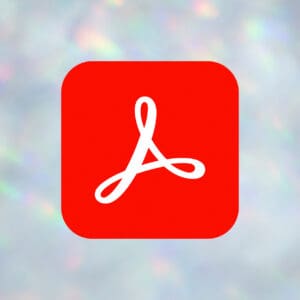Switching jobs is an exciting thing. You get a chance to meet new co-workers, operate in a new setting, and gain new experiences. It’s a great way to serve a new set of people while moving forward in your career. This period of change is also important for the people you’re leaving behind. In this post, we’ll go over how to transition to a new job when you have specialized responsibilities.
Preparing to Transition to a New Job
The best way to move onto new beginnings is to leave your current job in good terms. It’s more than avoiding burning bridges, since you may never return to work there. It’s about setting your upcoming former employer in a good situation.
Besides it being the right thing to do, people talk. There are problems too big for squabbling over your personal brand. Here’s what I would recommend, based on what I did for my former employer when I transitioned jobs last month:
- Notify your boss in person first (why do people resign via email and then disappear?)
- Have a small meeting to discuss exit plan and transfer of knowledge.
- Discuss resignation date and make sure it lines up with HR Policy or get the amount of notice required waived. Notice needs to be in writing and be between 2 to 6 weeks, depending on position level.
- Create a guide for the next hire.
- Collect and review your documentation.
- Share Usernames and passwords for stuff you administered if it’s your system.
- Cancel upcoming training so the next person or someone who’s already on board can take.
- Meet with managers to get a plan going. Make sure they’re as comfortable as possible. Let them know how much they meant to you.
- Finish any tasks or projects that can be finished within the rest of your time.
- Layout a timeline of upcoming projects or contacts that need to be made. Describe the purpose in detail.
- Gather all assets that were assigned to you and review them as you give them back – badges, computers, devices, passes, keys, etc.
- Refrain from giving too many specifics about your personal or professional reasons for leaving, especially if they are negative. At best, they will think less of you since they won’t care, and at worst, you will generate hard feelings that make you look bad. People don’t want to help others they don’t like.
- Be willing to do the optional exit interview and check on salary, benefits, and vacation payouts. Be honest with feedback, both positive and negative. Help them make things better without dragging them through the mud.
- Be open to answering questions with former managers and co-workers. After all, you can also ask them advice.
- Keep in touch where possible. This includes former co-workers and contacts. Check in and nurture the network. Your network can be of great help in your new role.
My goal was to make the transition as easy as possible for not only the potential replacement but the staff that would have to make due without my services. Even if I can’t maintain the relationships after I leave, I could still finish strong by setting them up for success and being as professional as possible.
The Result
I think this was a huge success. I’m very pleased with how things went. It made things very hectic and I was unbelievably busy and pulled in different directions all the way up until the last minute I was on the clock. It wasn’t easy, but it was worth it. This was probably the best transition I’ve ever conceived of.
I don’t mean for this to be self-serving, but reflecting on previous departures and transitions, it wasn’t always good. In fact it was never good. I’ve either had positions eliminated, became ineligible (graduated), or worked myself out of a job. Yes, I’m claiming I was too good :).
Leaving a job was always painful and I probably swung too far in the other direction in this transition, but I would do it like this again, given the chance.
If you would have done things different or have a great departure story, let me know.







